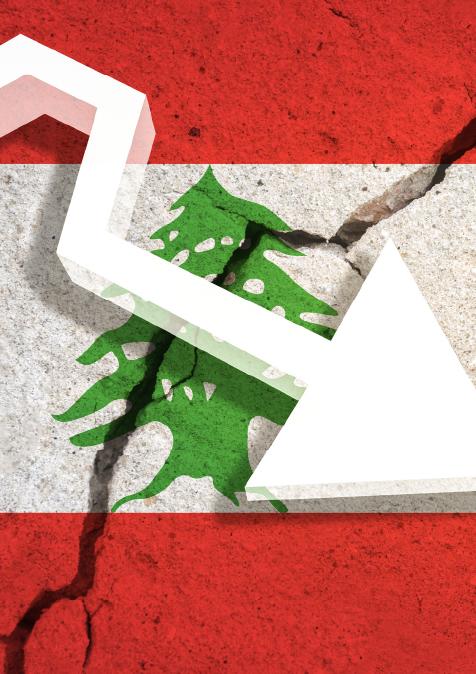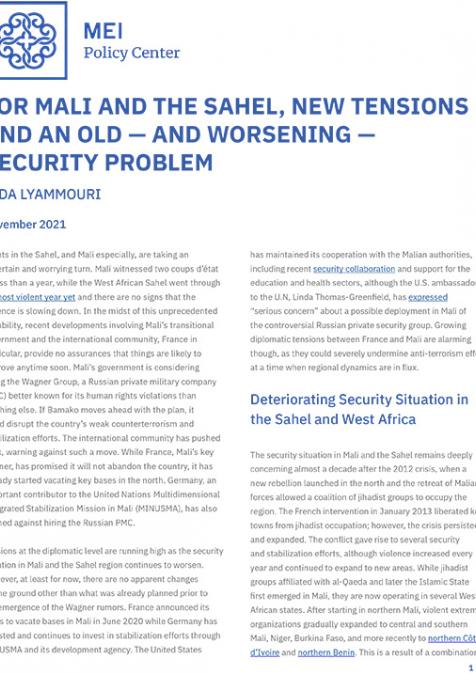Publications /
Opinion
This young and outspoken Ghanaian citizen, a peace and security expert with a focus on gender, describes herself as “engaging, accomodating and seeking”. Born and raised in Ghana, Joana has a deep knowledge of her country, as her father was transferred a lot throughout his career. Her family has also spent some time in Louisville, Kentucky. As a teenager, her dreams were definitely altruist, as she wanted to become a photojournalist or a human rights lawyer.
Since 2017, she is the Head of Women Peace and Security Institute at the Kofi Annan International Peacekeeping Training Center (KAIPTC) in Accra. The West African institution has trained since 2004 thousands of civilians, police and military staff from all over Africa and beyond. Its goal: “sustain a peaceful atmosphere in Africa”, as Joana sums it up.
There, she has climbed the ladder quickly. At first, she was a Research Associate in a Regional Partnership for Peace & Security Programme (2010-15), and then was appointed Deputy Head of the Peace and Security Studies Program (2015-17). In her current position, she is responsible for African women’s effective participation in peace negotiations and peacekeeping activities, and the integration of a gender perspective in research, policy and training activities.
This important task is done through many channels: advocacy, lobbying, high level conversations, but also on the ground. “At the community level, for example, we deliver a course on how to prevent and respond to gender based violence. We engage with traditional and religious leaders, civil society and media actors. We put all the actors in the same room and have a conversation so that they can learn from each other. This is powerful. We turn these exchanges into teachable moments and solutions”.
As a Project Lead in preventing and responding to Gender Based Violence in Africa, Joana is also supervising courses for local actors in Nigeria, Niger, Cameroon, Central African Republic and South Sudan. Her trips show her that “certain components are the same across the continent, in terms of patriarchal systems, but also in the will or call for resilience to change the status quo”.
To support her journey, Ama went as far as South Korea to gain more skills. In a bid for wider exposure, she applied to schools in Australia and the UK, but finally spent more than a year in Seoul, for a Master’s degree in International Development. “From my time at Ewha, I took away their work ethics, drive, and sense of getting the job done”, she says.
Her thesis on piracy in Somalia led her to be invited as a panelist at the Atlantic Dialogues in Marrakesh in the early 2013. She later on applied to the Atlantic Dialogue Emerging Leaders (ADEL) program, which she found more attractive and original than others, and came back to Marrakesh in 2018. As an ADEL, she felt “enlightened to know more about a very IT and entrepreneurial field”, and went back home “with good tips about leadership”.
A huge music lover and a keen reader of African historic litterature, Joana has learned to see the “beauty and the joy in spite of the pain and suffering”. On the banks of the Kivu Lake, in DRC, were she was delivering a Protection of Civilan training for MONUSCO staff, she remembers watching a group of children playing and being struck by their happiness and contentment.
Her next move at work is to “get more impact at a community level and find more allies, bringing men onboard”. Among her last reads, she mentions Becoming, by Michelle Obama and We’re Going to Need More Wine, by Gabrielle Union. When asked if she’s a feminist, this mother of two, a daughter and a son, replies immediately: “I am a humanist, and maybe a ‘genderist’! I want both my children to have equal opportunities”.
You can consult Joana’s portrait along with others on the ADEL Alumni Portrait page.






